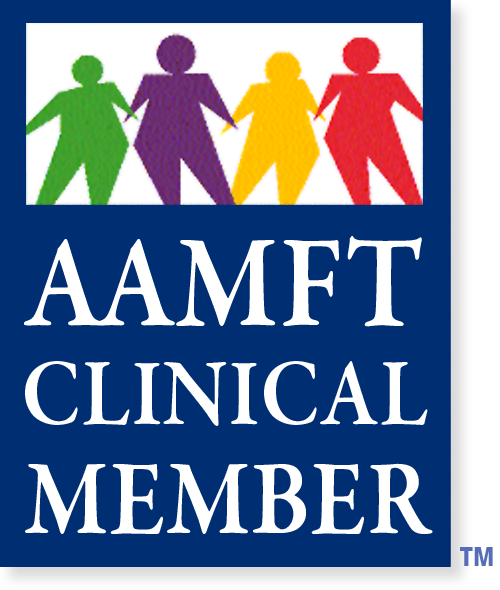Spiritual versus Religious Experiences
Religious experiences are usually known as occurrences that are uncommon, in the sense that they don’t fit in with the norm of every day life experiences and are connected to the one’s perception of the divine. Religious experience is entirely a subjective phenomenon, however commonalities and differences have been argued by scholars for many years. Differing religious traditions have described fundamental religious experience in different ways. Schools of Judaism describe it in terms of the “nullification and absorption within God’s infinite light”. Hinduism and Buddhism discuss ‘detachment from the world, liberation from the cycles of karma, the intrinsic connection to the world and the experience of one’s true blissful nature’. Christianity uses the “language of union with God” and Islam, “innate knowledge”. Religious experiences have also been described as spiritual experiences, sacred experiences or mystical experiences. The most generic term being “spiritual experience” . The simplest definition of a spiritual experience being the subjective experience by an individual who reports contact with a transcendent reality and an encounter or union with the divine, which often results in a moment of inspiration or insight
Psychologist and philosopher William James described spiritual experiences in his text The Varieties of Religious Experience. In an effort to simplify his message, the following F L I P acronym has been constructed. Spiritual experiences are said to be typically categorized as fleeting or temporary, learning experiences, indescribable and beyond words, and passive, happening to the individual without conscious control. Such experiences are often described as mystical in nature, where all “distinctiveness” disappears and the observer becomes one with the transcendent. The observer perceives himself or herself as not distinct from the cosmos but rather one with it. Such spiritual experiences are moments of contact with one’s ‘deeper self’ or moments of oneness with nature. Although spiritual experiences are typically not considered religious experiences because they are not linked to a particular tradition, they are spiritual moments which often profoundly increase one’s awareness described often as a spiritual awakening.
An awakening, often described within a wide range of experiences including being born again, having had a near-death experience, or mystical experiences such as liberation and enlightenment.
There are many areas of science that explore such spiritual experiences, the most common of which is the field of transpersonal psychology. This school of psychology studies the transpersonal, self – transcendent or spiritual aspects of the human experience. In essence, it is the study of humanity’s highest potential, with the recognition, understanding, and realization of transcendent states of consciousness. Issues considered in this realm of psychology include spiritual self-development, peak experiences, mystical experiences and other metaphysical experiences of living.
Most noted for his work in this area, Carl Jung was convinced that life has a spiritual purpose beyond material goals and that our main task is to discover and fulfill our deep innate potential; much like the caterpillars journey in becoming the butterfly. Jung believed that this journey of transformation is at the mystical heart of all religions. A journey to meet the self while simultaneously encountering the Divine. For Jung, essential to understanding this process of individuation were what he called experiences of synchronicity or non-coincidences. During such experiences, the individual discovered spiritual meaning within what appeared to be random life experiences.
As you begin your future self exploration what would your life be like if you awoke each morning looking for “non-coincidences”? What if, life became a true spiritual adventure?
